
Knowledge Center
We believe that sharing our expertise and collaborations in clean energy policy is how real, effective change happens.
From reports and policy briefs, to webinars and podcasts—RAP advisors have built an extensive collection of resources providing in-depth analysis and practical solutions to today’s energy challenges.
Filter >>
Content Filter:
The Regulatory Assistance Project has been bringing clarity to the complexity of the clean energy transition since 1992. By developing data-informed, real-world solutions — that are also cost-effective and reliable — RAP supports the creation of stronger, cleaner and more… View Summary +
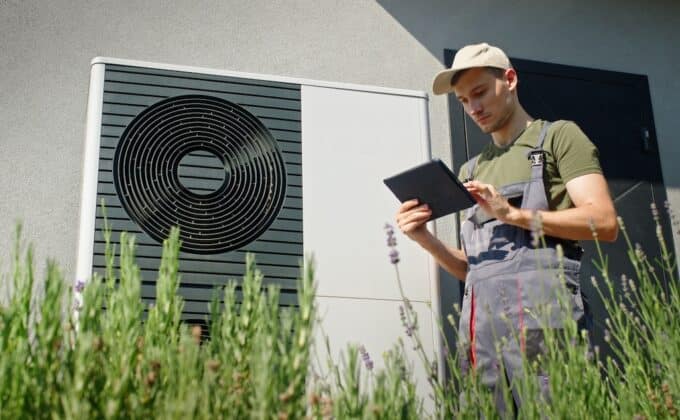
The European Commission is currently developing an electrification strategy to deliver this vital tool for meeting EU climate targets. One aspect that has been historically overlooked is the contribution of energy efficiency policy in the electrification process. Up to now,… View Summary +

Heat pumps, a critical technology for clean energy systems, are becoming the most important technology for heating decarbonisation. Currently, the vast majority of heat is provided by fossil fuels. In order to promote and encourage heat pump installations across the… View Summary +
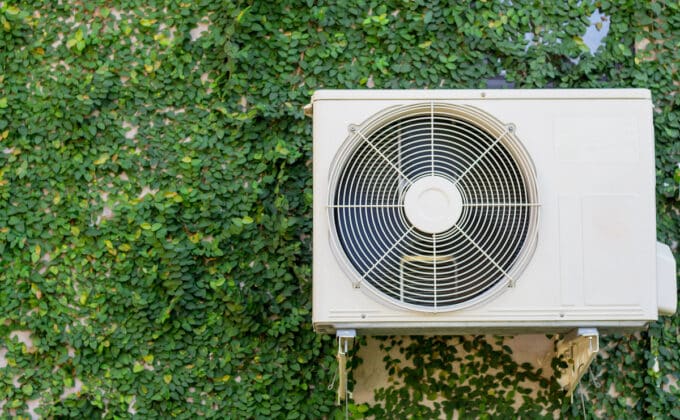
Policymakers across the globe are searching for solutions to reduce the use of fossil fuels and their associated climate impacts. Attention has focused on the heating sector, which relies heavily on fossil fuels and was responsible for almost 40% of… View Summary +

Comme dans de nombreux autres pays européens, les bâtiments français dépendent encore fortement des combustibles fossiles pour le chauffage et le rafraîchissement des locaux et la production d’eau chaude sanitaire. Cette situation est préoccupante si l’on considère que ces utilisations… View Summary +

As in many other European countries, France’s buildings still rely heavily on fossil fuels for space heating and hot water production. This is troublesome considering these uses account for more than one-third of the country’s final energy consumption. The move… View Summary +

The Council of the European Union voted on 25 July 2023 to adopt the final text of the recast of the Energy Efficiency Directive. This was the last step in the decision-making process and is the… View Summary +
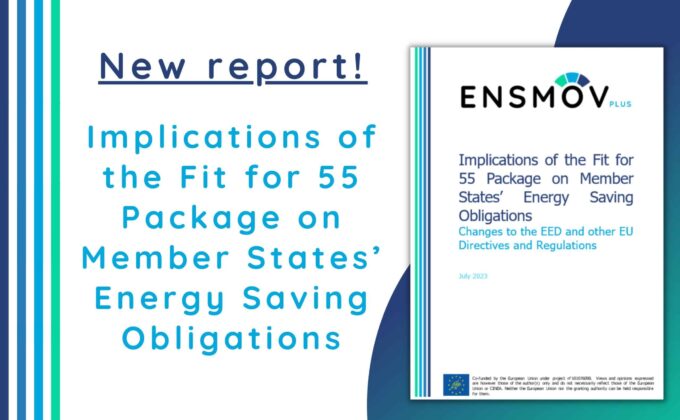
To meet decarbonisation goals, global renewable power capacity will need to more than triple by 2030, according to leading energy agencies. Centralised renewable generation will not deliver this level of change on its own, nor should it. Distributed energy resources… View Summary +
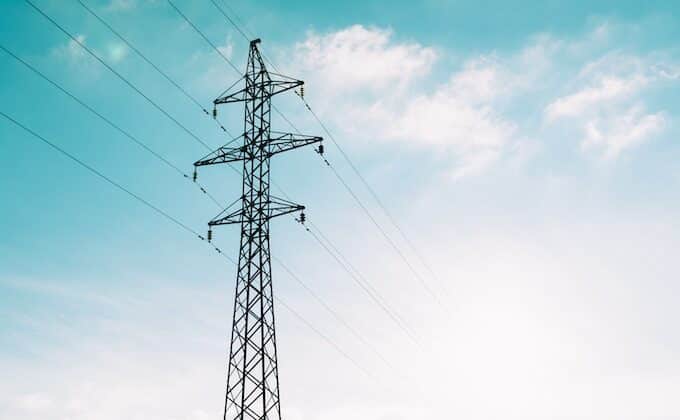
Pompy ciepła to jedna z kluczowych technologii na drodze transformacji energetycznej, już niedługo stanie się najważniejszą technologią dla dekarbonizacji ogrzewnictwa. Obecnie zdecydowana większość ciepła do gospodarstw domowych jest dostarczana przez paliwa kopalne. W celu promowania i zachęcania do instalowania pomp… View Summary +
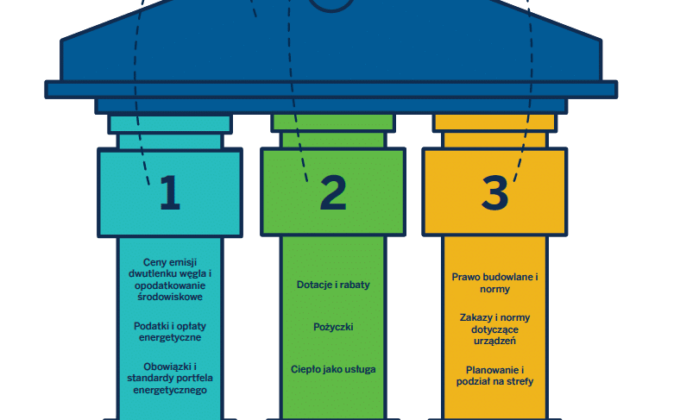
Europe is heavily reliant on fossil fuels in the heating sector. The EU has set itself a goal of deploying 30 million additional heat pumps by 2030. To advance the transition away from fossil fuels in the heating sector,… View Summary +
Heat pumps, a critical technology for clean energy systems, are poised to become the most important technology for heating decarbonisation. Currently, the vast majority of heat is provided by fossil fuels. In order to promote and encourage heat pump installations… View Summary +
Rapidly phasing out fossil gas demand has become a top priority in Europe. Existing European legislation is expected to achieve only moderate reductions by 2030. The ongoing energy crisis has provided an opportunity to aim for even more… View Summary +

The Renewable Energy Directive (RED), designed to help meet the EU’s ambitious 2030 and 2050 climate targets, sets targets for growing renewables usage for heating and cooling in the building sector. As currently written, however, the RED encourages inefficient uses… View Summary +
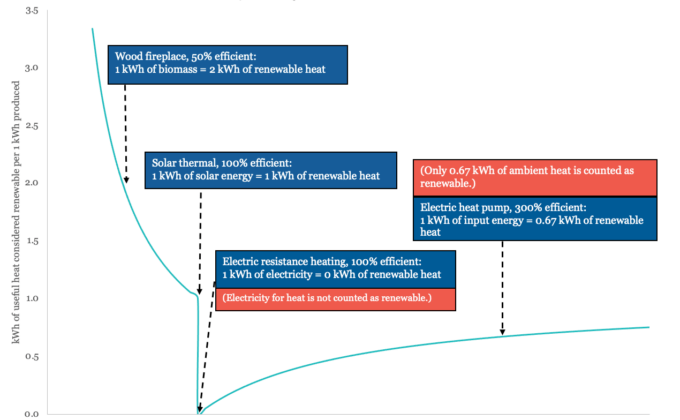
Taxing energy in line with its environmental harm aligns the prices facing consumers with policy objectives. Energy taxes and levies encourage energy efficiency and raise revenues for governments, which can then dedicate them to energy transition projects. Not all energy… View Summary +
As part of the Fit for 55 legislative package, the European Commission proposed a recast of the Energy Efficiency Directive in July 2021. The recast includes significant changes to the Directive’s cornerstone article on the energy savings obligation, Article 7… View Summary +

